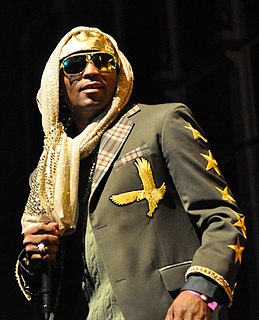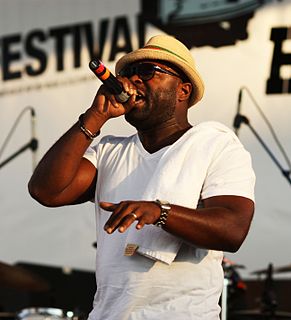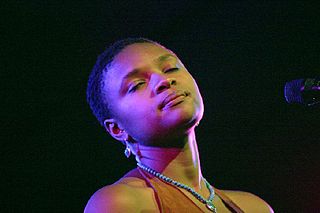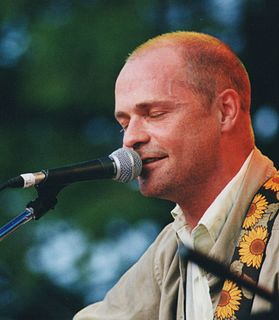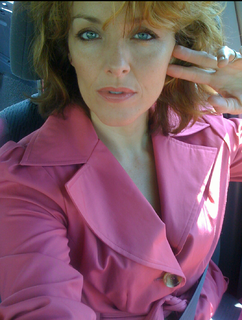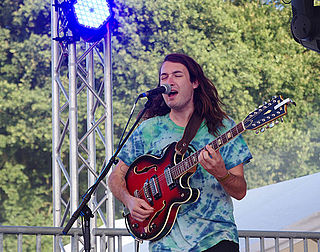A Quote by J. J. Cale
I generally, you know, I don't - I don't really scat. I'm - I'm basically a songwriter so you need a little lyrics that rhyme and stuff.
Related Quotes
I'm more critical of my songwriting than anybody, but I've worked really hard in the last five to 10 years to improve. I didn't take it all that seriously when I started. It was a little bit of a stigma to being a songwriter or a folkie back then. I did a lot of send-ups of sensitive singer-songwriter stuff when I was starting out, which limited my development as a songwriter in a way. I wasn't really fully given license to explore that until the mid-90s. I'm still working on it; I'm a little bit of a late bloomer.
Every song has a different genesis, or feeling. Usually the lyrics, I don't really know what it's all about, I just kinda do it. I mean, there's a combination of, like you're saying, that kind of lyrics about commitment or vaguely relationship lyrics mixed with jokey 90s Beck-style non-sequiturs and stuff.
If I've got Writer's Block it generally means that I don't have that much to say or something's not quite connecting. I have had Writer's Block a bunch of times and it's generally because I'm not able to write down what I'm feeling basically. Mostly, I just need to be alone really, or be with someone who can bring that out of me.
A lot of people I know hate Paul McCartney in general. I guess I understand, but I'm a fan. I think he's a little underrated in my peer group - unlike John Lennon. He's not my favorite Beatle, but he's a goddamn good songwriter and he makes a lot of really cheesy, schmaltzy stuff but he's still underrated.
This is what rhyme does. In a couplet, the first rhyme is like a question to which the second rhyme is an answer. The first rhyme leaves something in the air, some unanswered business. In most quatrains, space is created between the rhyme that poses the question and the rhyme that gives the answer - it is like a pleasure deferred.

